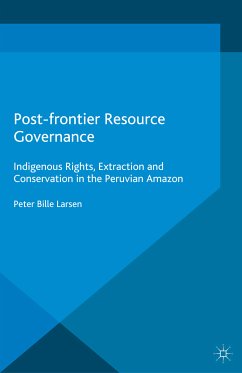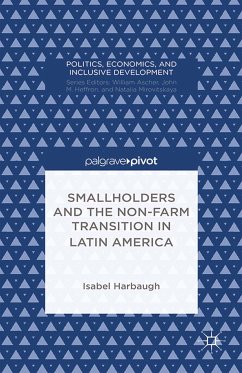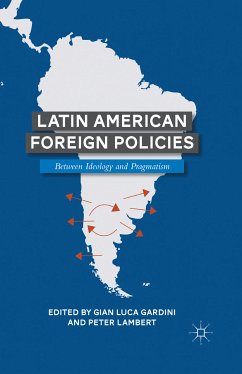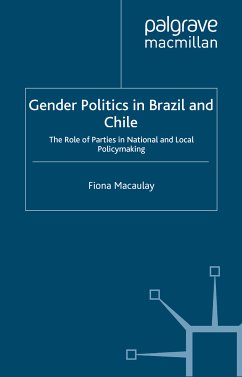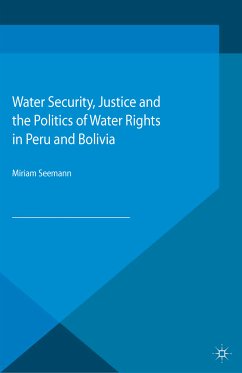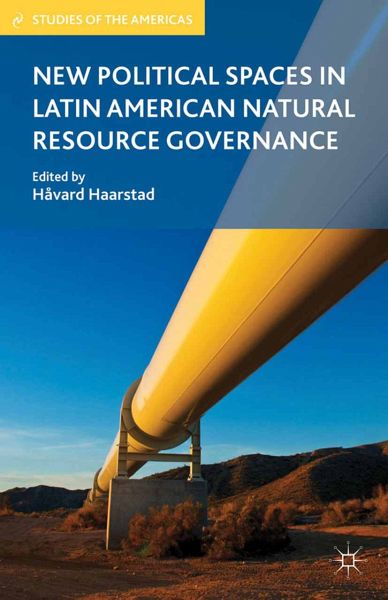
New Political Spaces in Latin American Natural Resource Governance (eBook, PDF)
Versandkostenfrei!
Sofort per Download lieferbar
40,95 €
inkl. MwSt.
Weitere Ausgaben:

PAYBACK Punkte
20 °P sammeln!
Case studies written by anthropologists, geographers, political scientists, and sociologists provide empirical detail and analytical insight into states' and communities' relations to natural resource sectors, and show how resource dependencies continue to shape their political spaces.
Dieser Download kann aus rechtlichen Gründen nur mit Rechnungsadresse in A, B, BG, CY, CZ, D, DK, EW, E, FIN, F, GR, HR, H, IRL, I, LT, L, LR, M, NL, PL, P, R, S, SLO, SK ausgeliefert werden.



